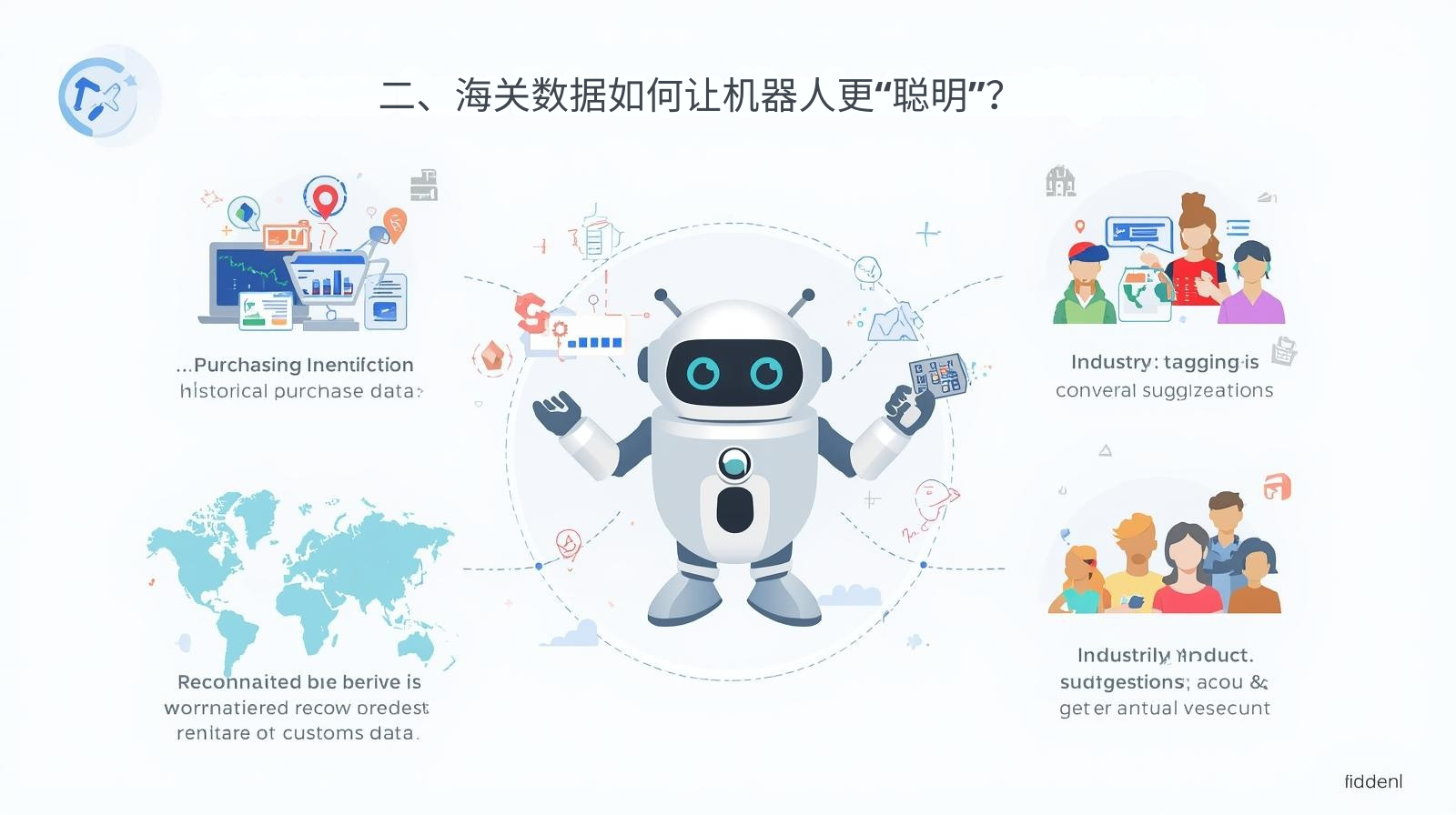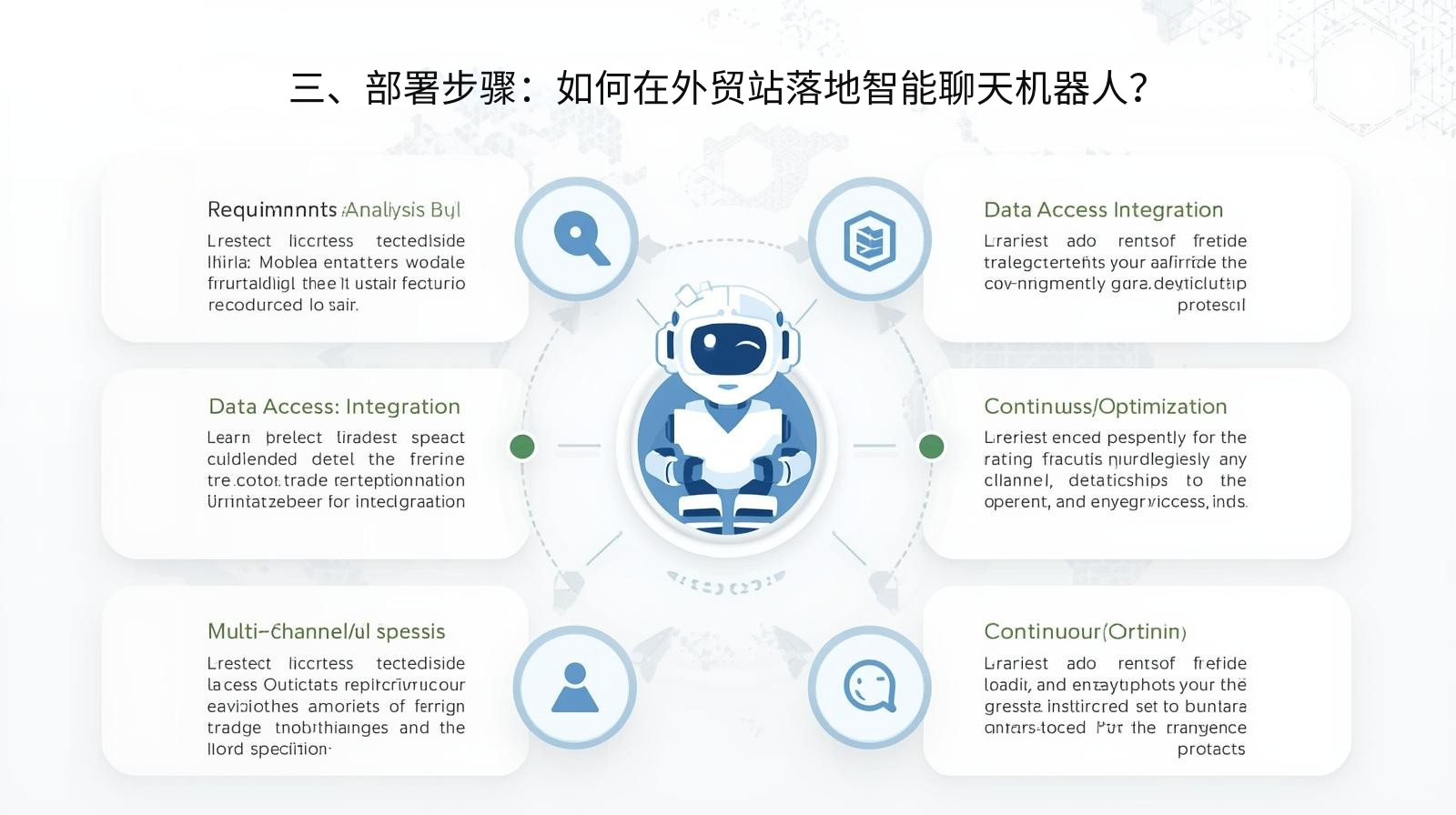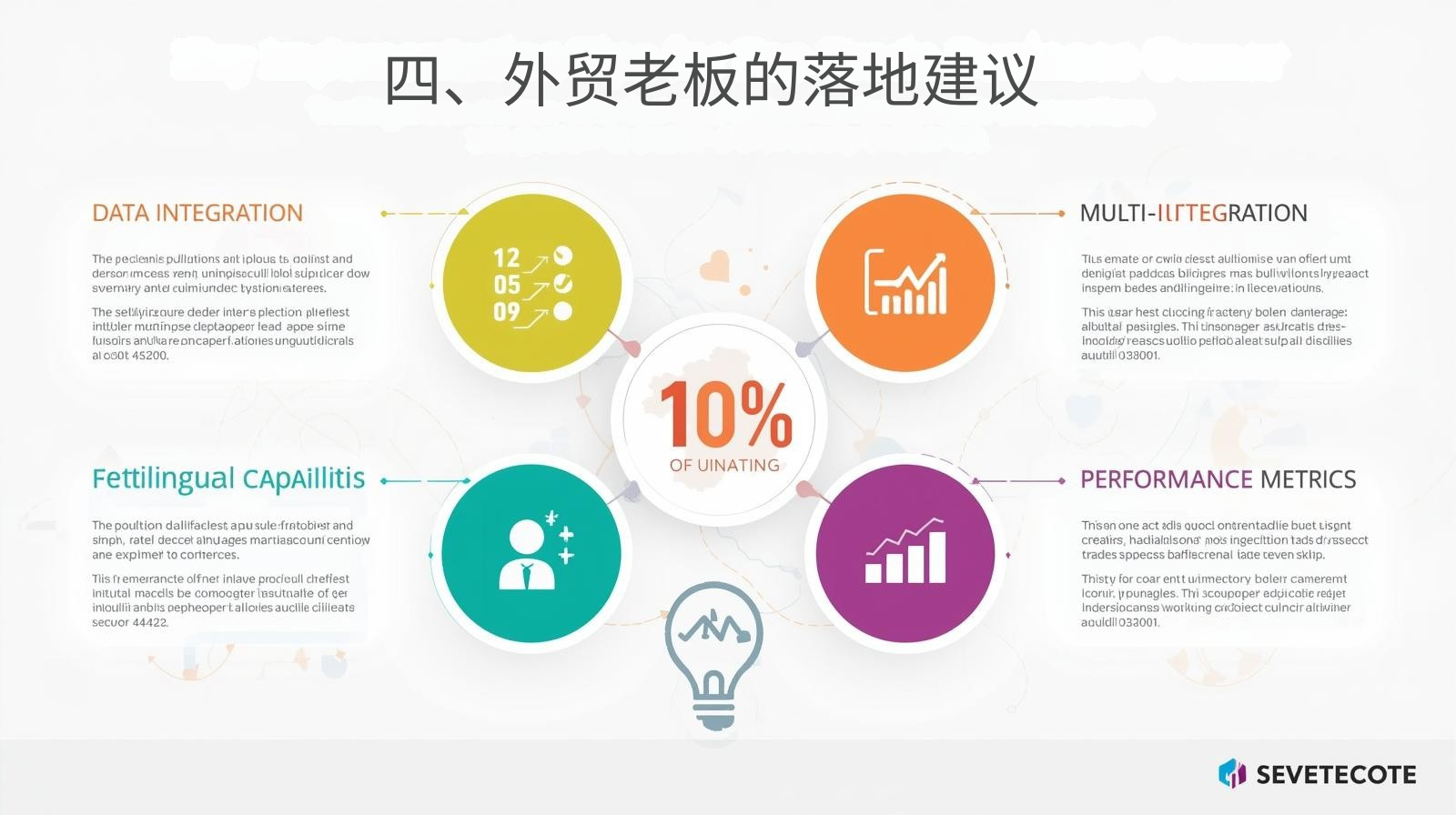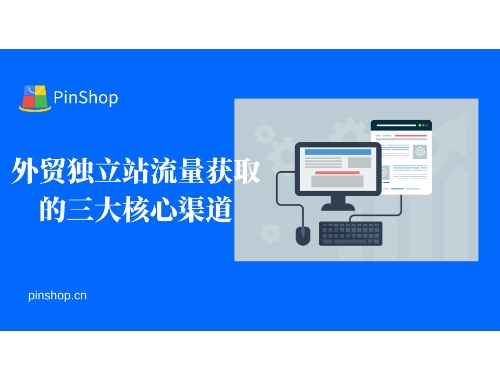Foreign trade websites often face the problem of customers visiting a page only to leave due to lengthy wait times or the lack of immediate communication, ultimately missing out on business opportunities. How can this loss be avoided? Intelligent chatbots are emerging as a new solution. However, for these bots to be effective, data-driven decision-making is essential, with customs data being particularly crucial. Drawing on research from leading institutions, this article analyzes the deployment of intelligent chatbots on foreign trade websites, demonstrating how to leverage customs data and real-time interaction to capture potential customers 24/7.
1. Why do foreign trade websites need intelligent chatbots?
Traditional foreign trade website building models often rely on static display, and customers need to wait for manual email replies. The time difference leads to the loss of a large number of potential customers. Intelligent chatbots can achieve:
24/7 reception : ensure customers are responded to at any time.
Instant traffic diversion : Identify the customer's region and industry and push information accurately.
Automated follow-up : Record user behavior and trigger secondary contact via email or WhatsApp.
Google Search Central mentioned that user experience is an important dimension that affects website rankings and conversions. Timely response can significantly increase dwell time and inquiry rate.
2. How does customs data make robots smarter?
The core value of intelligent chatbots lies not only in answering questions but also in making accurate recommendations , which requires the support of customs data.
Purchasing intention identification : By analyzing buyers' historical purchasing records in customs data, the robot can proactively identify potential major customers.
Industry tagging : Compare visitors with customs data to match their industry and purchasing cycle.
Personalized push notifications : Visitors from different countries or industries receive solutions that match their needs.
Research by the China Academy of Information and Communications Technology (CAICT) shows that data-driven automated interaction can increase the inquiry conversion rate of foreign trade stations by more than 60%, and the introduction of customs data can enable robots to achieve "precise interception."
3. Deployment steps: How to implement intelligent chatbots on foreign trade sites?
Demand analysis : clarify the target market and industry customer profile.
Data access : connect customs data with CRM or website building systems.
Speech design : Design industry-specific dialogue scripts based on procurement pain points.
Multi-channel integration : Combine WhatsApp, email, and social media to form a closed-loop follow-up.
Continuous optimization : Continuously iterate robot logic through chat records and inquiry data.
A report from the World Trade Organization (WTO) points out that foreign trade companies that can combine customer data with instant communication have an average customer retention rate that is more than 25% higher than companies that rely solely on passive reception.
4. Implementation suggestions from foreign trade bosses
Don’t rely on templated bots : For bots to be truly effective, they must be integrated with industry and procurement data.
Prioritize the integration of customs data : Driven by data, robots can upgrade from "answering questions" to "solving problems."
Focus on multilingual capabilities : Non-English markets also present huge opportunities, and robots must support multilingual responses.
Measure value with data : measure optimization results through indicators such as conversion rate and customer retention time.
Recommended related articles: Foreign trade customer acquisition software + independent website: traffic conversion golden combination
In the fiercely competitive foreign trade market, traffic is becoming increasingly expensive, while customer patience is shrinking. Intelligent chatbots not only provide 24/7 online support but also leverage customs data to accurately identify and convert leads, becoming the "invisible salesperson" for companies' foreign trade websites. Research from Google , CAICT , and the WTO suggests that the future competitiveness of foreign trade websites will hinge not just on having a website, but on possessing an intelligent interactive system that "understands customers."
👉 If you're looking to quickly build a website for international trade that supports customs data-driven development, intelligent customer service, multilingual support, and closed-loop marketing , we recommend trying Pinshop . It can help business owners and international trade decision-makers transform their websites into engines for continuous customer acquisition.











